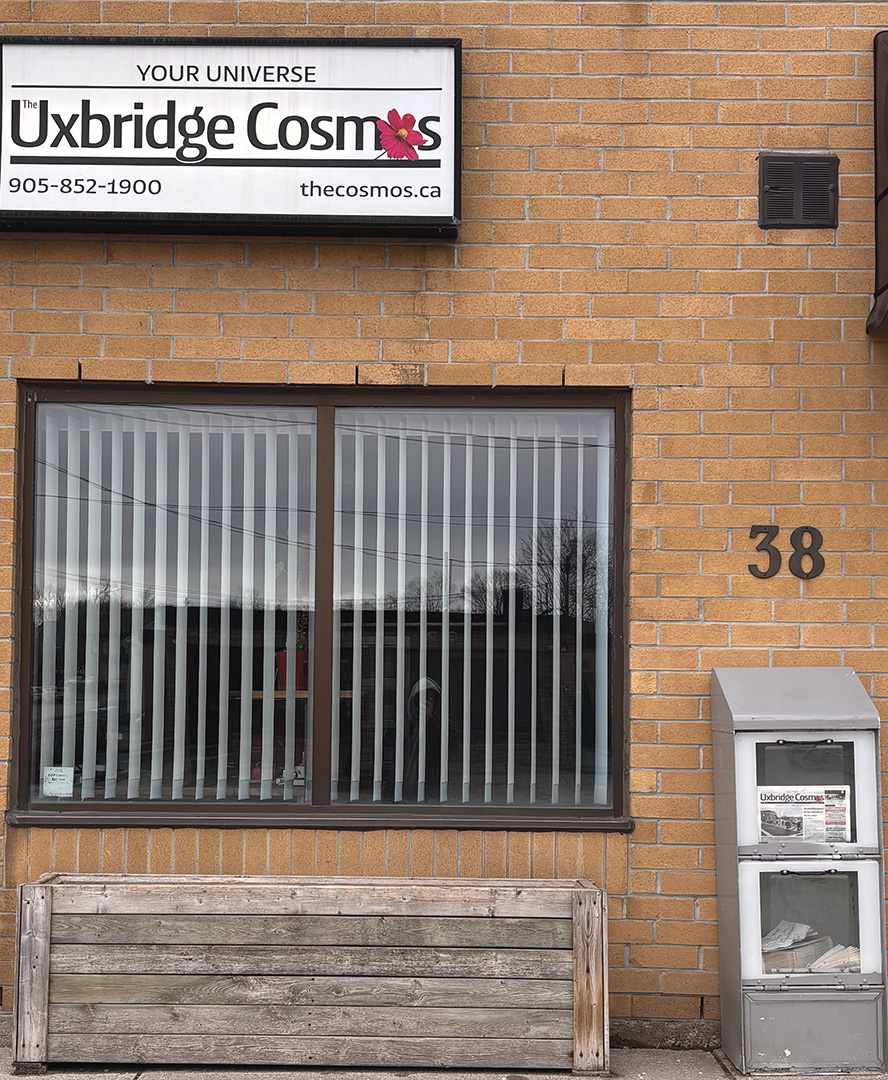Fake news is a controversial term coined by Donald Trump in 2016. During his first run for president, Trump launched the most successful smear campaign on mainstream media since Second World War and used this term to create distrust in the news.
Since then, trust for mainstream media has declined sharply in the west, with a 2024 study from Reuters showing general trust in Canadian media is down to 39 per cent, which is 16 per cent less than what it was in 2016.
This decline in trust is occurring alongside a crisis in local journalism, where small-town legacy publications are increasingly facing shutdowns. As these outlets disappear, the effects of their closures are felt in the everyday lives of Canadians. Small-town legacy publications are now facing shutdowns, while the effects of closures have real impacts on Canadians day-to-day lives.
At the same time, hostility toward mainstream media is growing, with thousands on social media – including Pierre Poilievre, the Conservative Party of Canada’s leader – advocating for defunding not just the CBC, but all forms of mainstream or legacy media.
While a majority of Canadians are happy with the CBC as a whole, a national survey done by the Centre for Media Technology and Democracy, showed that two thirds of Canadians could not name a journalist they trusted, highlighting a broader crisis of trust in the media.
As trust in traditional journalism declines, more people are turning to social media for news. According to Reuters, the public gets nearly 50 per cent of all its news from social media on sites like X or Meta.
Bailey Higgins, who worked at 105.9 The Region for years before losing his job to budget cuts, said, “a lot of these stories found on social media have already been told by legacy outlets.”
“People may hate legacy media, but it provides a wealth of knowledge that may otherwise not be available for the public to form their opinions on,” said Higgins.
What this means for small towns
Higgins’ concerns reflect a larger trend affecting smaller communities.
While closures of all types of publications continue to happen across the country, print outlets have been hit the hardest. Some close entirely, while others merge into larger, regional publications.
In September of 2023, Metroland announced it would stop printing all Durham papers, shifting to a digital-only regional publication on DurhamRegion.com. This resulted in the loss of multiple local papers, including The Uxbridge Times Journal, which had been serving the township of Uxbridge since 1869.
Lana Payne, Unifor National President, who was a journalist for more than 20 years, said those closures “weigh heavy” on her mind.
“This is devastating. Devastating for these media workers. Devastating for local news. Devastating for the communities who depend on that local news and devastating for the fabric of our democracy,” said Payne.
A 2025 study by The Local News Research Project, reports 529 Canadian news publications have closed across 391 communities from 2008 to Feb. 2025.
Of these closures, 76 per cent were papers that published fewer than five times a week. Over that same time span, 111 papers have merged into their larger regional counterparts.
One reason smaller publications are struggling is Bill C-18, also known as the Online News Act, which aims to compensate news publishers for content shared on social media platforms like Facebook. This caused social media sites, namely Meta, to stop news publications from posting on their platforms.
The Online News Act was originally implemented for news publications to have a fair way to negotiate with the giant tech conglomerates who push their content. The loss of Meta takes away large portions of viewership for smaller publications and cuts heavily into their ad revenue.
“While I understand the need for C-18, posting on Meta again would be a big help,” said Lisha Van Nieuwenhove, editor and publisher of the Uxbridge Cosmos.
Without platforms like Meta, smaller publications face the risk of losing key areas of coverage. Certain beats, as journalists call them, could be completely lost, leading to underserved areas or news deserts.
This loss of coverage is compounded by the financial struggles many small-town publications face. Most small town paper publications rely on government funding such as the Local Journalism Initiative or other federal grants.
“If these sources of funding were to disappear, the paper would not be able to pay a journalist what they are worth, and the quality will suffer as a result,” said Van Nieuwenhove, who has been the Cosmos publisher since she took over in 2013.

While the exact dollar amount given to each publication is unknown, on March 1, 2024 the Canadian government pledged nearly 59 million dollars towards the Local Journalism Initiative with funding available until 2027.
However, even with this support, civic journalism – particularly reporting on municipal matters – stands to take the biggest hit.
“If no one is around to hold their feet to the fire, then the potential for misuse of power is huge,” said Van Nieuwenhove.
Without smaller papers, there is no one covering municipal council meetings, school boards and hospital boards for underserviced areas.
According to the publisher of Cosmos, advertisements are the only way most of publications can stay afloat. Instead of relying on federal grants, municipal governments should help their local papers by using them as a way to communicate to their towns, said Van Nieuwenhove.
Dave Barton, the mayor of Uxbridge, currently has not responded to The Chronicle about what the local municipal government can, or is currently, doing to help Uxbridge’s local paper.
“Paper is not dead, it can be in conjunction with, not instead of,” said Van Nieuwenhove, whose perspective underscores the need for a balanced approach, where traditional print and digital platforms can coexist to preserve essential local journalism.
The decline in trust toward traditional media, combined with the financial struggles of local publications, poses serious challenges for journalism. As small-town outlets close or go digital, vital coverage that holds local governments accountable risks disappearing, undermining civic engagement and transparency.




